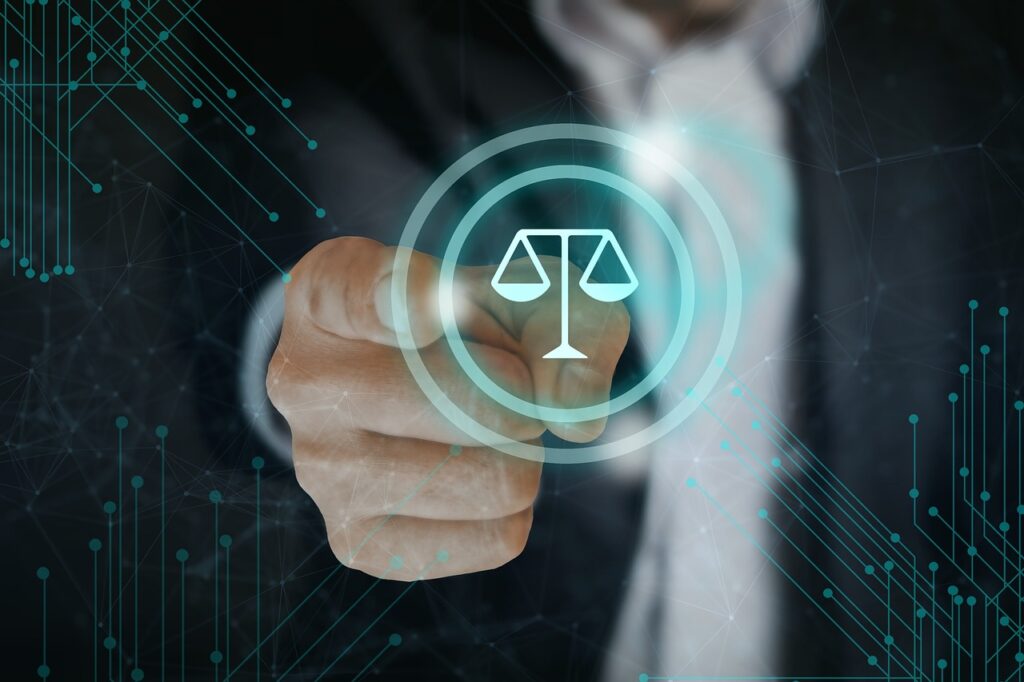Block chain technology is instrumented in revolutionizing transparency within the supply chain. It enhances supply chain transparency by providing a decentralized, immutable ledger where every transaction or movement of goods is recorded and visible to all authorized participants within the network, allowing for real-time tracking of products from origin to end consumer, thus eliminating the possibility of manipulating data and ensuring authenticity at each stage of the supply chain; this increased visibility helps identify potential issues, promotes trust between stakeholders, and enables better accountability across the entire supply chain process. Block chain also allows companies to use smart contracts to communicate with suppliers and validate business rules to ensure secure and transparent transactions between stakeholders.

WAYS BLOCK CHAIN CAN ENHANCE SUPPLY CHAIN TRANSPARENCY.
1. Immutable Record-Keeping: Block chains decentralized ledger ensures that all transactions and data are recorded in a tamper-proof and immutable manner.

2. Increased Visibility: Block chain provides a transparent and shared view of the supply chain, enabling stakeholders to access information about the origin, quality, and movement of goods.
3. Real-Time Tracking: Blockchain enables real-time tracking of goods, allowing stakeholders to monitor the movement of products throughout the supply chain.

4. Enhanced Efficiency with Smart Contracts: Smart contracts, which are self-executing contracts with the terms directly written into code, can automate various aspects of the supply chain. For instance, payments, delivery confirmations, and quality checks can be automatically triggered once certain conditions are met, reducing administrative overhead and speeding up processes.

5.Increased Trust and Accountability: Because the ledger is accessible to all authorized parties, every participant in the supply chain—from suppliers and manufacturers to distributors and retailers—can verify information independently. This transparency fosters greater trust among partners and holds each party accountable for their role in the process.

6. Improved Customer Trust: By providing a transparent and tamper-proof record of transactions and data, blockchain can help build trust with customers and enhance brand reputation.

7.Regulatory Compliance: Blockchain can help ensure regulatory compliance by providing a transparent and auditable record of transactions and data.
8. Reducing Counterfeiting: Blockchain can help reduce counterfeiting by enabling the authentication and verification of products throughout the supply chain.

summary.
In essence, block chain provides a secure, transparent, and efficient way to manage and verify the flow of goods across a supply chain. It builds a digital record that enhances visibility, reduces the risk of fraud, and ensures that every stakeholder is operating with the same, trustworthy data